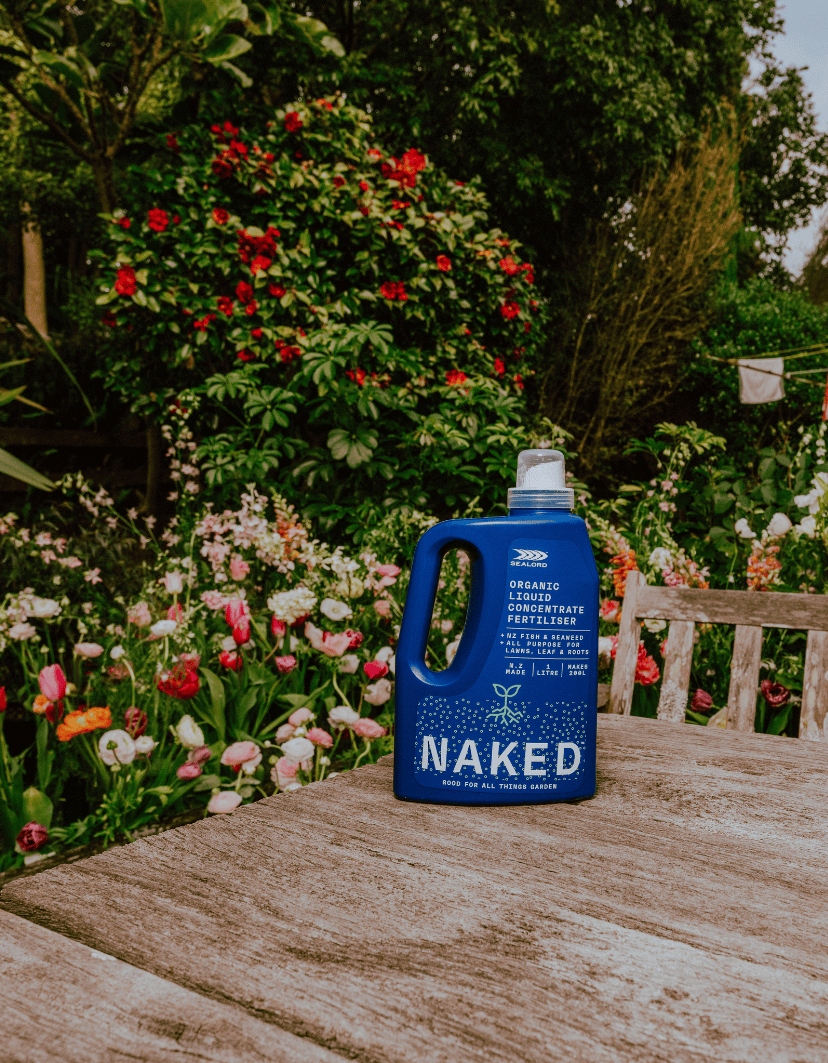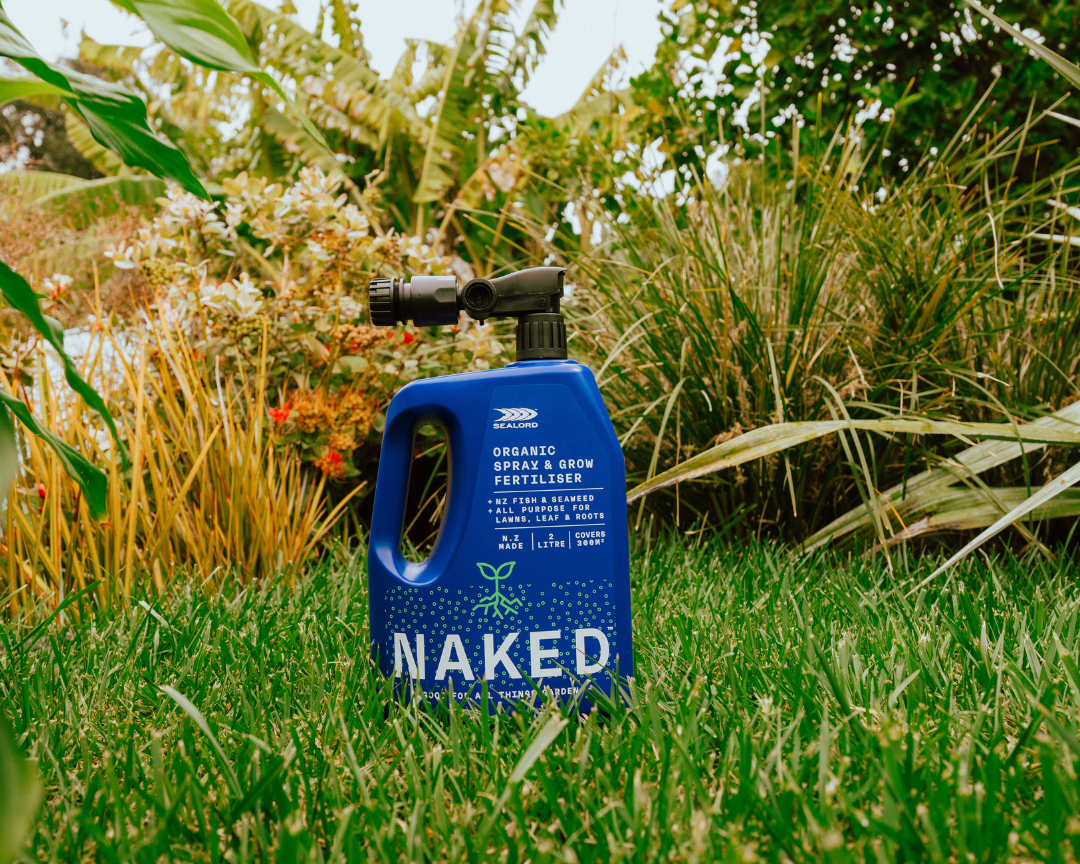The Benefits of Organic Fertiliser for the Home Gardener

In recent years, the shift towards organic gardening has gained significant momentum, and for good reason. Organic fertilisers, derived from natural sources such as compost, manure, or fish waste and seaweed, offer a plethora of benefits for the home gardener. Here’s a closer look at why you might want to consider making the switch to organic fertilisers for your garden
Soil Health and Structure
One of the primary benefits of organic fertilisers is their ability to improve soil health and structure. Unlike synthetic fertilisers, which can deplete the soil of essential nutrients over time, organic fertilisers enhance the soil's organic matter content. This leads to better soil structure, increased water retention, and improved aeration. Healthy soil is the foundation of a thriving garden, supporting robust plant growth and resilience against pests and diseases.
Environmental Sustainability
Organic fertilisers are environmentally friendly. They reduce the risk of water contamination, which is often a concern with synthetic fertilisers that can leach into groundwater and waterways, causing pollution and harming aquatic life. By using organic fertilisers, home gardeners can contribute to a healthier ecosystem and promote biodiversity. Additionally, organic fertilisers are typically made from renewable resources, making them a more sustainable choice.
Safe for Humans and Pets
Safety is a significant concern for many home gardeners, especially those with children and pets. Organic fertilisers are generally safer to handle and pose fewer risks if accidentally ingested. They do not contain harmful chemicals that can cause skin irritation or other health issues. This makes organic fertilisers an excellent choice for family gardens where safety is a top priority.
Long-Term Benefits
While synthetic fertilisers may provide a quick nutrient boost, their effects are often short-lived. Organic fertilisers, on the other hand, release nutrients slowly and steadily, providing long-term benefits to plants. This slow-release mechanism ensures that plants receive a consistent supply of nutrients, leading to healthier and more vigorous growth over time. Moreover, the use of organic fertilisers can improve soil fertility in the long run, reducing the need for frequent fertilization.
Cost-Effective
Although some organic fertilisers can sometimes be more expensive upfront, they can be more cost-effective in the long run. Improved soil health and structure mean that plants are more resilient and require fewer inputs over time.
In conclusion, switching to organic fertilisers offers numerous benefits for the home gardener, from enhancing soil health and promoting environmental sustainability to ensuring safety and providing long-term cost savings. By choosing organic, gardeners can cultivate a healthier, more sustainable garden that thrives year after year. So, the next time you’re planning your garden, consider going organic – your plants, soil, and the environment will thank you.


